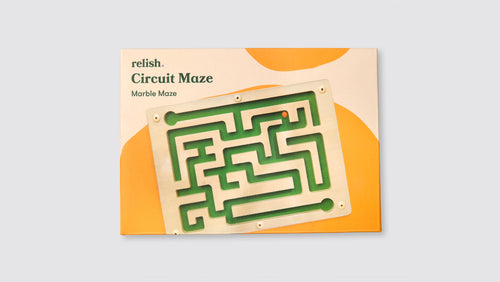With more than 1 million people in the UK expected to be living with dementia by 2025, it is more important than ever that we understand dementia and its effects. Here we have explored ten things to know about dementia, which may help to clear up common misconceptions.
1. Dementia is not part of ageing
Although associated with older people, dementia is not a normal part of the aging process, and is rather a disease which causes a decline in the persons abilities and cognitive function.
2. Dementia is an umbrella term
There are many different types of dementia which affect people in a variety of ways. The term dementia encompasses a huge variety of neurological disorders such as Alzheimer’s which is one of the most common.
3. Dementia is more than memory loss
One of the most well-known affects of dementia is memory loss, however this is not the only change which can be expected. As there are a many different types of dementia, their affects can vary on each person, and things such as changes in mood, personality, behaviour and an increase in communication difficulties are all common.
4. Those living with Dementia can still live well
Whilst research is ongoing to find a cure for dementia, there are numerous support systems and treatments available to help those living with dementia, lead active and happy lives.
5. People below 65 can get Dementia
Although commonly associated with aging there are a small amount of cases where people can develop dementia under the age of 65. Young Onset Dementia accounts for approximately 5% of cases in the UK each year.
6. Dementia is a global concern
Dementia affects many people worldwide, in fact there is currently around 50 million people currently living with dementia around the world, with approximately 10 million new cases each year according to the World Health Organisation.
7. Dementia isn’t hereditary
Despite common misconceptions, dementia isn’t currently viewed as being hereditary, however research is ongoing to determine the true impact of genetics.
8. There is no cure
Whilst there are a variety of treatments such as Cognitive Stimulation Therapy which can help to slow the progression of dementia, there is currently no cure.
9. Forgetfulness is not dementia
It is completely normal for someone to become a little forgetful as they age, however it is also important to remember this is not necessarily related to dementia. Seek advice if your loved one is displaying increased changes, and you have become concerned that it may be more than natural ageing forgetfulness.
10. Those living with dementia can still live independently
Living with dementia does not necessarily mean a loss of independence and many people continue to live alone and conduct activities as they normally would. There are numerous support options for those who continue to live independently to ensure they continue to be safe and happy in their home. With the right help and support there is no reason why your loved one cannot live a happy life still doing the things they love.

















